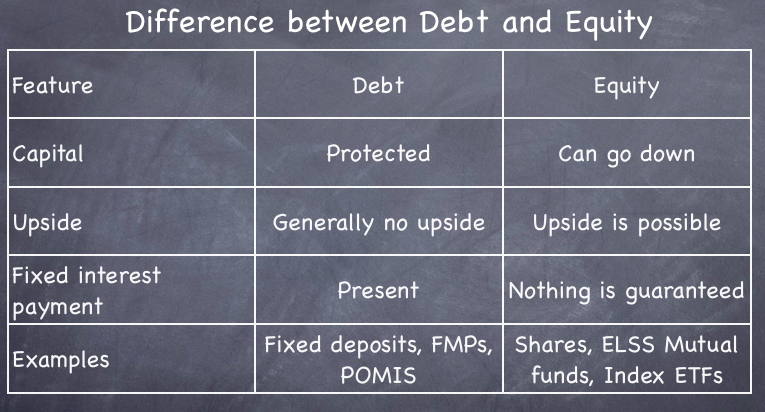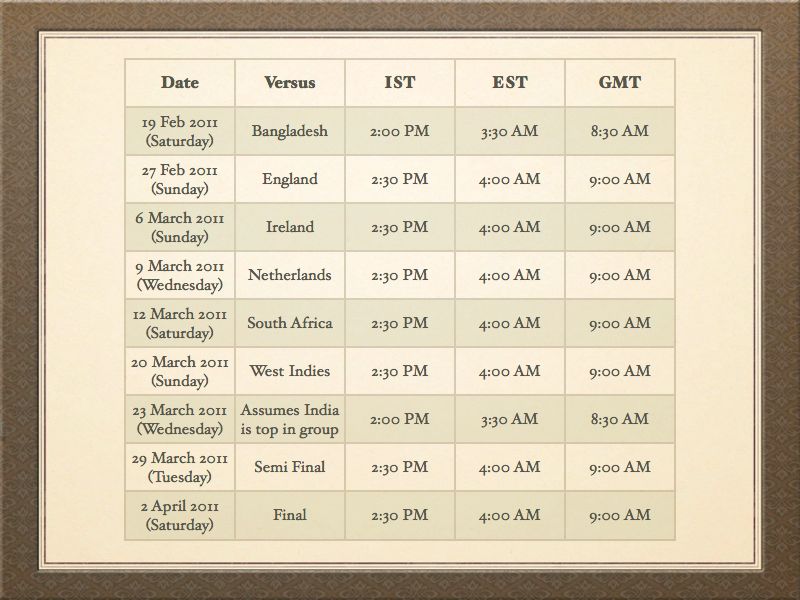Another post from the Suggest a Topic page, and this one is actually written by my CA friend Gurpreet Singh. We’re trying to collaborate and see if he can answer some of the taxation related questions here on OneMint, and write some articles on tax as well.
Details of Section 80D
Any amount paid by an Individual or HUF to an Insurance company as Medical Insurance Premium i.e. premium paid in respect of Mediclaim Policy can be claimed as deduction under section 80D.
Note: Life Insurance Premium is NOT covered under this category.
Important points:
- Premium paid should be in respect of Mediclaim Insurance policy.
- The deduction is also available when the Taxpayer makes any contribution towards Central Government Health Scheme.
- Deduction is available only to Individuals and HUFs (Hindu Undivided Family). Corporates or Partnership firms cannot claim this deduction.
- Deduction is not allowed when the premium is paid by cash. In other words, the deduction will be allowed when the premium is paid by modes other than cash i.e. cheque or DD.
- Deduction is allowed in respect of following persons:
| Taxpayer | Insured Person |
| Individual | On the health of taxpayer himself/herself, spouse, parents, dependent children of taxpayer |
| Hindu Undivided Family (HUF) | On the health of any of the member of the family |
Amount exempted under Section 80D
Least of the following is allowed to be deducted from Gross Total Income of the Taxpayer for 80D:
a. Actual Mediclaim Insurance Premium paid
b. Rs. 15,000
In case the Mediclaim Insurance Premium paid is for a Senior Citizen (person above 65 years), least of the following is allowed as deduction :
a. Actual Mediclaim Insurance Premium paid
b. Rs. 20,000
Details on Section 80DD
This is a deduction in respect of maintenance including medical treatment of handicapped dependent that is a person with a disability.
It is available to individuals and HUFs (Hindu Undivided Families).
In the case of an individual the deduction is available to spouse, children, parents brothers or sisters of the individual.
In the case of HUF the deduction is available to any member of the HUF.
The second condition is that the disabled person should be wholly or mainly dependent on the person seeking the deduction for their support and maintenance.
The dependent should have a disability of at least 40%, and for claiming the deduction the assessee has to furnish a copy of certificate issued by the medical authority
There are two ways in which the expenses could have been incurred:
| Option 1 | Option 2 |
| The taxpayer has incurred an expenditure for the medical treatment, training, nursing and rehabilitation of the dependent | The taxpayer has paid/deposited under any scheme framed in this behalf by the LIC or any other insurer or the administrator or specified company and approved by the Board in this behalf, for the support/maintenance of the dependent |
Amount of deduction eligible under Section 80DD:
1. Fixed deduction of Rs 50,000/- is allowed irrespective of amounts incurred in Option 1/2
2. Deduction of Rs. 1,00,000/- is allowed in case where the dependent has the disability of more than 80%
If the dependent predeceases the Individual/HUF, an amount equal to the amount paid shall be deemed to be the income of the individual/HUF and will be chargeable to tax
Details on Section 80DDB
This deduction is in respect of medical treatment of a specified disease or ailment as prescribed by the Board.
80DDB deductions are also available to individuals or HUFs and are available for expenditure incurred in respect of assessee himself or his dependent spouse, children, parents, brothers/sisters.
In order to get 80DDB deduction the assessee has to submit a certificate in the prescribed form from a neurologist, oncologist, urologist, haemotologist, immunologist or such other specialist as prescribed working in a government hospital.
Amount of Deduction under 80DDB:
Actual amount paid or Rs 40,000/-, whichever is lower
In case the amount incurred is in respect of a person who is a Senior citizen then:
Actual amount paid or Rs 60,000/-, whichever is lower
These were some details on Section 80D, 80DD and 80DDB, and feel free to ask any questions and I’ll try to answer them here.



